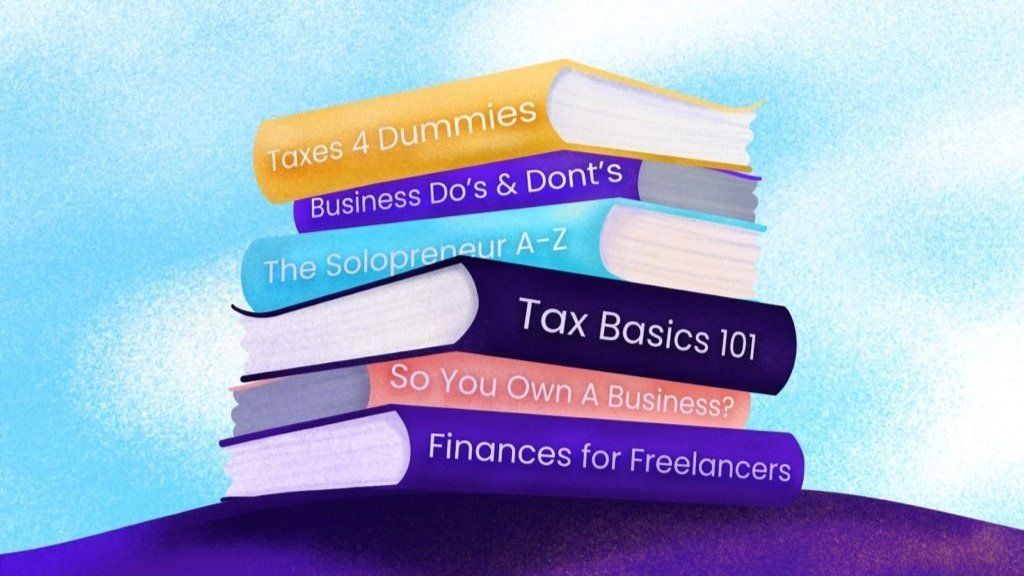Freelancing in the tech industry can be a rewarding and lucrative career choice. However, one aspect of being a freelance tech professional that can be a bit daunting is managing your taxes and finances. Unlike traditional employees who have taxes automatically withheld from their paychecks, freelancers are responsible for handling their own taxes and financial planning. Here are some tips to help you navigate the world of freelance taxes and finances:
Understand Your Tax Obligations
One of the first things you need to do as a freelancer is to understand your tax obligations. As a self-employed individual, you are required to pay both income taxes and self-employment taxes. It’s important to familiarize yourself with the tax laws and regulations that apply to freelancers in your country or region.
Keep accurate records of your income and expenses throughout the year, and set aside a portion of your earnings to cover your tax liabilities. Consider working with a tax professional to help you navigate the complexities of freelance taxes and ensure that you are compliant with the law.
Create a Budget and Savings Plan
Freelancing income can be unpredictable, with ebbs and flows in earnings. To help stabilize your finances, create a budget that outlines your monthly expenses and income. Factor in any irregular expenses, such as taxes and insurance premiums, and set aside money each month to cover these costs.
Additionally, it’s important to establish a savings plan to help you weather any financial emergencies or periods of lower income. Consider setting up a separate savings account specifically for your tax payments and emergency fund.
Set Up a Separate Business Bank Account
Separating your personal and business finances is crucial for freelancers. Setting up a separate business bank account can help you track your business expenses and income more effectively, making it easier to manage your finances and prepare your taxes.
Be diligent about recording and categorizing your business transactions, from client payments to office supplies purchases. Keeping detailed financial records will not only make tax time less stressful but also provide you with valuable insights into the financial health of your freelance business.
Explore Tax Deductions and Credits
Freelancers are eligible for a variety of tax deductions and credits that can help reduce their tax burden. Common deductions for freelancers include expenses related to home office costs, professional development, and business travel.
Take the time to research and understand which deductions and credits you may be eligible for as a freelancer. Keep thorough records of your business expenses, and consult with a tax professional to maximize your tax savings and ensure that you are taking full advantage of available tax breaks.
Plan for Retirement
As a freelancer, it’s important to plan for your retirement and ensure that you have financial security in the future. Consider setting up a retirement account, such as an Individual Retirement Account (IRA) or a Simplified Employee Pension (SEP) plan, to save for your retirement.
Contribute regularly to your retirement account, and take advantage of any employer match contributions if you work with clients who offer retirement benefits. Planning for retirement early can help you build wealth over time and secure your financial future as a freelance tech professional.
Stay Informed and Adapt
The world of freelance taxes and finances is constantly evolving, with changes in tax laws, regulations, and market trends. Stay informed about developments that may impact your financial situation as a freelancer, and be prepared to adapt your financial strategy accordingly.
Regularly review your financial goals and adjust your budget, savings plan, and tax strategy as needed to align with your changing circumstances. By staying proactive and informed, you can successfully navigate the challenges of freelance taxes and finances and achieve financial stability and success as a freelance tech professional.
Managing freelance taxes and finances as a tech professional may seem daunting at first, but with careful planning, organization, and professional guidance, you can successfully navigate the complexities of self-employment and achieve financial security and success in your freelance career.
